Venue Selection and why it Matters!
This article, written by AVEX’s Mark Miller Jr. was originally posted at tcbmag.com in partnership with ILEA. Link to original article: http://tcbmag.com/news/articles/2018/july/venue-selection-and-why-it-matters-ilea-quick-tips-for-event-planners
What is a Venue?
Merriam Webster has this to say about the word "venue":
a: locale; also: a place where events of a specific type are held.
Seems pretty straightforward when you read it on paper. The issue (as always) lies within. All venues are different. Some venues have sleeping rooms, some can not. Others feature built-in technology, while others do not. So how do you know if the venue you are considering is the right one for your event? Unfortunately from a production standpoint, the answer isn't always clear. Luckily we've put together a quick checklist of things to consider when selecting a venue.
Space
The most common issue I see planners encounter in terms of venue selection is size. Most, if not all venues, will have a diagram of their event space. When shopping for your venue, make sure to get a copy of the layout. Some facilities will even sketch out table placement for you to prove that your expected attendance will fit. This is a great way to get an idea of what sort of space you have to work with.
Now that you have your diagram and your table count, you’re ready, right? Wrong! There are many additional components to an event that will eat up valuable floor space and constrain your attendance, including audio-visual production. Common items like screens, speakers, staging, stairs, and camera platforms all take up much-needed floor space and should be accounted for in your event design.
A CAD (computer aided drafting) program can be helpful in creating a detailed and accurate floor plan. Talk to your production vendor about building a floor plan in CAD, most vendors will have the tools and skills necessary to accomplish a detailed plan. Including production elements in your drawing will prevent overcrowding. Better yet, invite your AV vendor along to the site visit and have them assist with these tasks from the beginning!
Time
All venues need to make money and the main thing that caps their revenue is time. After all, there are only so many Friday nights to host events!
The most common challenge we face as production vendors is inadequate setup time. Commonly, venues will give their clients the option of purchasing the event space the day prior for an additional fee. If you’re hoping to save the money and attempt setup the day of your event, check with your vendor to ensure they have adequate time to set up.
Another important thing to consider when planning your event is scheduling your vendors. For example, ask yourself, “When are the tables being set?” and “When is the AV team loading in?” Connect your vendors to the venue and to each other directly. Speaking from personal experience, there’s nothing more frustrating than preparing to rig AV equipment from the ceiling only to walk into a room full of tables already completely set, which ends up wasting valuable time. To paraphrase one of Jessica Barrett’s points last month, everyone working on your event, is an extension of your team. As a team, we all need to be able to communicate together in order to work well together.
Staff
The guest experience is affected by many factors. The decor, the production, the pre-planning and coordination among vendors all contribute to a successful event. However, the most important factor to creating a positive guest experience is the people. When deciding on a venue, meet their staff and look for a couple of key things.
You want a venue that has experienced staff. It’s like State Farm’s TV commercials: “We know a thing or two, because we’ve seen a thing or two.” You want people who have been there before. Choosing a venue with staff that understands production can help reduce your workload leading up to the event. It can also provide peace of mind, and let you focus on other aspects of the evening.
A spirit of collaboration is also important. No one event professional can do it all alone, they need partners. And it’s not just about being “Minnesota Nice” either. Find a venue that allows multiple vendors to work at their space. This spirit of collaboration will, undoubtedly, foster better working relationships with other vendors and your production vendor will be eternally grateful.
Overall, it’s important to get your production vendor involved early on in the process. Connect them with the venue as well as with your other vendors and treat them like a partner. Do that, and your event will go off without a hitch!
In closing, I should make a few things clear:
I'm not sharing my opinions on any specific venue. (Even though we partner with many, I did my best to give an unbiased opinion.)
This article aimed to highlight a few simple things to look for when selecting a venue, not to directly recommend which venue is the best for your next show.
This article, also, was deliberately not focused on hotels. I intended to speak broadly about all venues and their conduciveness to live event production.
